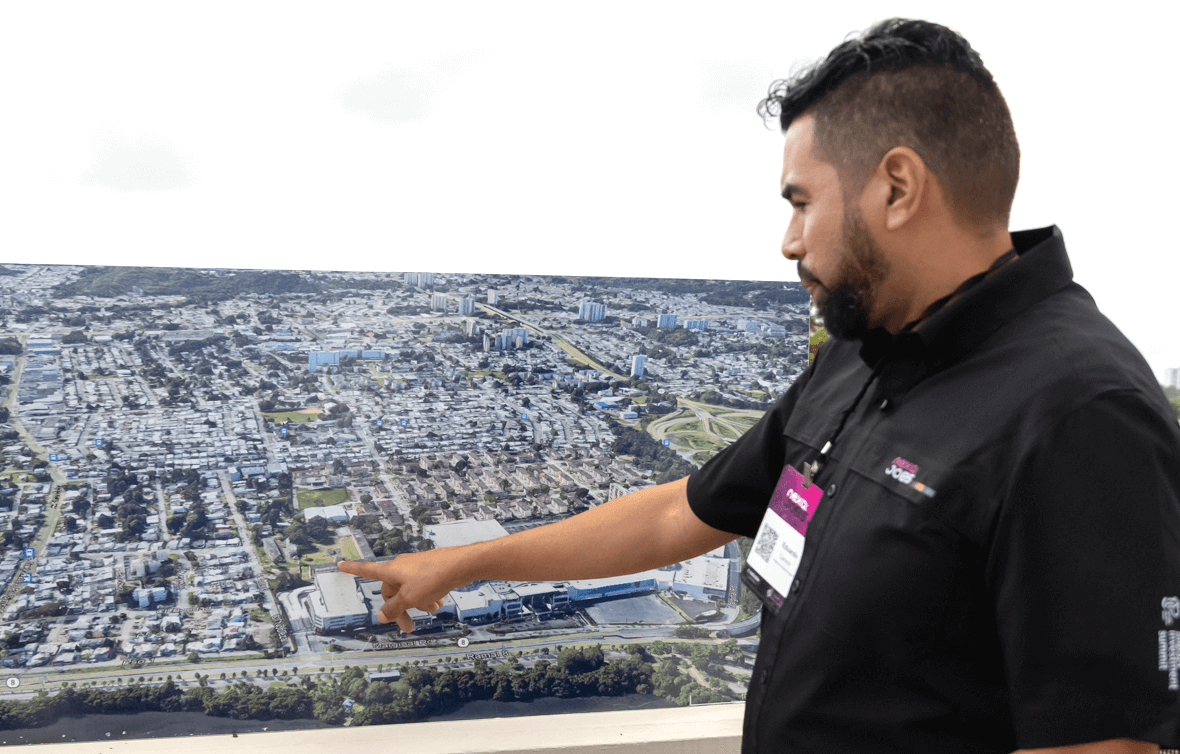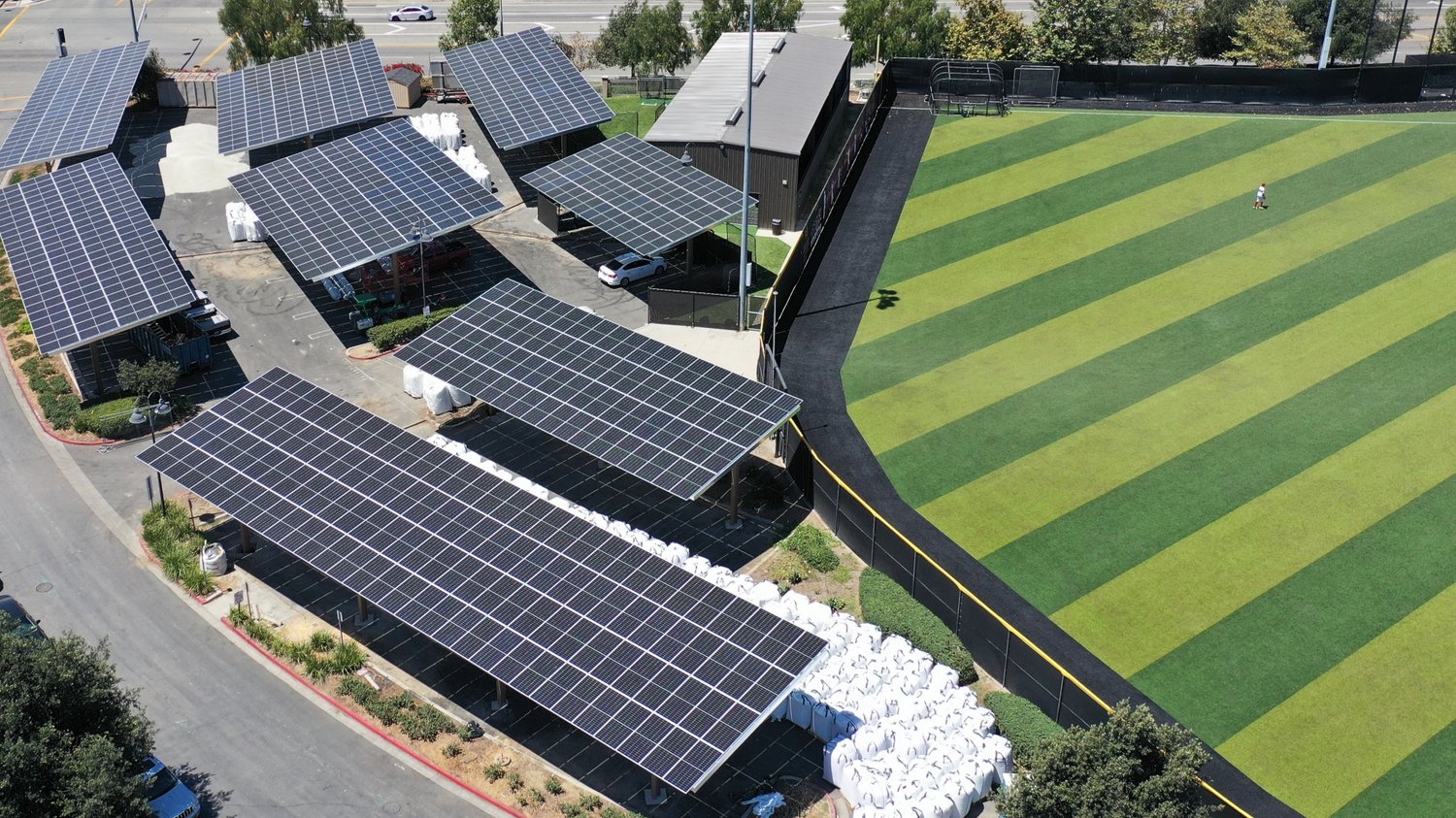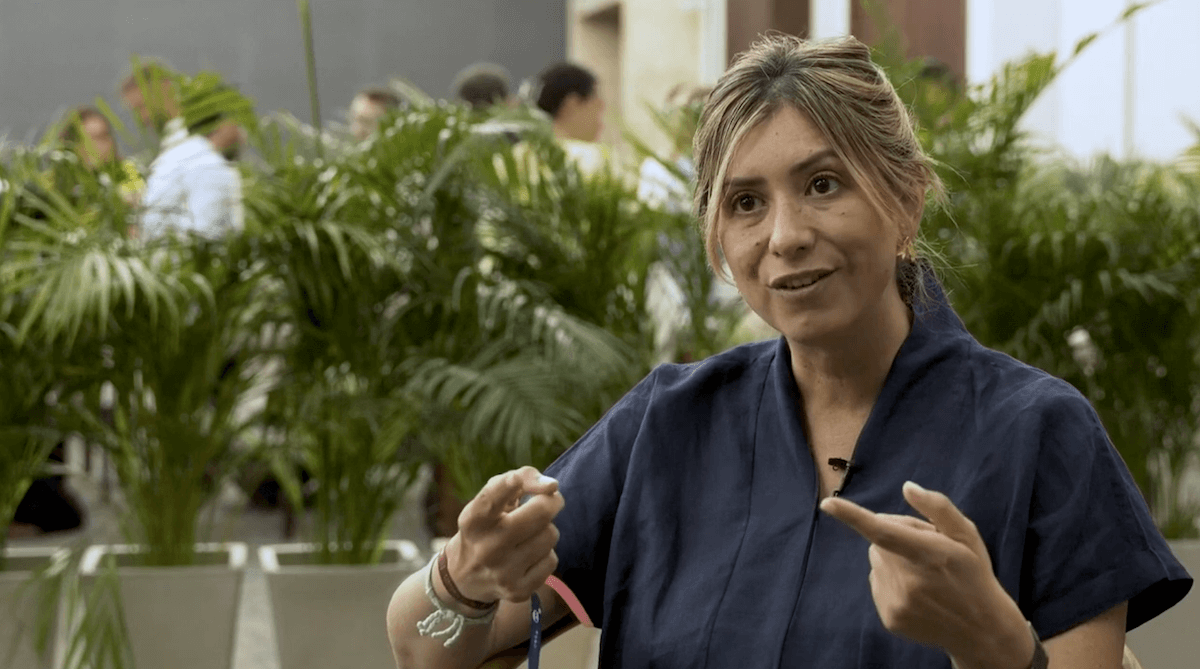ImpactAlpha, July 17 – Millennials—the first generation of digital natives—are growing up and having kids. They’re naturally turning to tech-enabled solutions to stay healthy, lower the cost of childcare and buy baby gear. And if they can’t find them, they are increasingly creating their own.
The generational shift is driving a new wave of innovation aimed at the challenges of parenting in the modern age—from the need for more informed healthcare for moms and newborns to juggling the demands of childcare and careers. Call it childcare tech, parenting tech, tech for families, or simply, famtech.
A diverse range of investors is calling it a big opportunity. In the past six years, venture firms have deployed some $500 million into startups targeting early parenthood solutions. Forbes estimates the emerging “new mom economy” at just under $50 billion.
The latest example is Mahmee, a digital network of care for new mothers, which attracted $3 million from venture funds managed by Arlan Hamilton and Steve Case, as well as Serena Williams and Mark Cuban.
“Given the bleak data surrounding maternal death and injury rates, I believe that it is absolutely critical right now to invest in solutions that help protect the lives of moms and babies,” said Serena Williams, the tennis megastar and venture investor who has publicly spoken of her own complicated pregnancy.
In May, Brooklyn-based Sawyer, whose scheduling app helps parents book and pay for everything from soccer to robotics activities for their kids, pulled in $10.6 million. In March, Cleo, a healthcare-focused employee benefits platform for working parents, raised $27.5 million. The deal, led by New Enterprise Associates, included tech leaders such as Marissa Mayer and Jeffrey Immelt.
“Famtech” has crossover appeal. Investors pursuing objectives including gender and racial inclusion, education, healthcare, impact and growth see opportunity. “I’m excited by the sheer vastness of the market opportunity,” said VC Arlan Hamilton, whose ArlanWasHere Investments led Mahmee’s round. “This is truly one of those cases where by doing good (in some cases saving lives), the team can do well.”
Affordable care
The sector has captured the attention off Austin-based Techstars Impact. “We see it as emerging in terms of pipeline and investment capital,” says Zoe Schlag of Austin-based Techstars Impact, whose first “impact tech” accelerator included BridgeCare, a Seattle company whose tech platform makes childcare more affordable for working parents. Techstars Impact invested in BridgeCares’s pre-seed round, which included female angel network Pipeline Angels.
Techstars looks for startups to help mitigate mounting social and environmental risks
Childcare is often the single biggest monthly expense for working families—it can swamp mortgage payments and it exceeds the average cost of in-state college tuition in more than half of U.S. states. Researchers link the rising cost of childcare to a decrease of participation of women in the workforce since the 1990s.
“It’s this huge problem that is affecting so many,” says BridgeCare’s Jamee Herbert. Forty-three percent of working mothers drop out of the workforce, she says, and that drives the gender wage gap and the general lack of representation of women in leadership. “We’re cutting them off at the knees at this critical time.”
BridgeCare’s beta product, released this spring, uses artificial intelligence to help parents search for childcare options and take advantage of available tax benefits when paying for it. The platform is offered through employers, who benefit by having more productive workers and by tax savings.
Gender alpha
For TechStar’s Schlag, the impact in the Bridgecare investment is in relieving the financial burden of childcare for working families. But there’s also a gender lens play, she says. “So much of this burden falls on women.”
Moreover, many “famtech” founders are women. Mahmee was founded by Melissa Hanna and her mother, Linda Hanna, a nurse. Cleo was founded by Shannon Spanhake, a former deputy mayor of San Francisco. And Sawyer’s female cofounders met at Rent the Runway.
“Compared to companies receiving venture funding in general, we see a much higher proportion of companies that are founded and run by women,” says Bill Glenn, a partner at Atlanta-based BeCurious, which invests in (and uses the term) famtech. Out of its six portfolio companies, four— Good Buy Gear (used baby gear), Motherly (advice for moms), Kidbox (kids clothing) and Caribu (interactive education)—are female-led.
The crossover appeal works both ways. Pure growth-driven investors like BeCurious are gravitating to famtech’s “impact alpha.” That is, the more new parents turn to tech to overcome the challenges – and costs – of modern parenting, the bigger the market opportunity.
BeCurious, for example, targets the “companies who are helping parents with innovative technology solutions,” explained Glenn, who points to the wave of Millennials beginning to have children—and Gen Z right behind them. “Almost anything that could be defined in that way will have an impact, whether on individual parents or on a broader level.”











